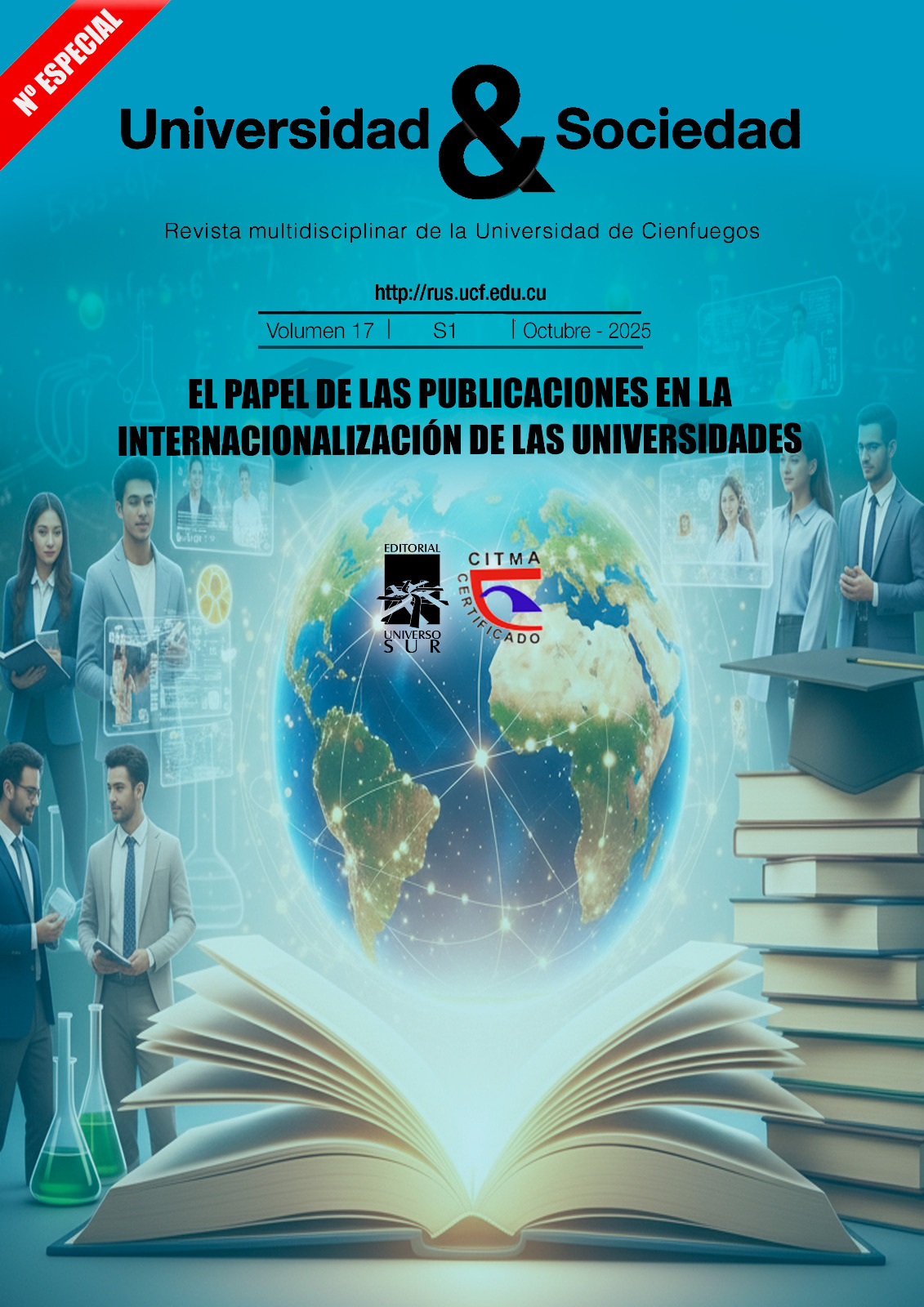Identity diversity and ethical dilemmas in contemporary care settings
Keywords:
Illness experience, Patients, Hospitalization, Care practicesAbstract
Illness cannot be reduced to a mere physiological imbalance; it constitutes a situated experience that profoundly shapes the identities, social bonds, and personal narratives of those who endure it. From an anthropological perspective, each trajectory of suffering reveals how individuals negotiate meanings and practices around a vulnerable body, the care they receive, and the social responses that either legitimize or dismiss what it means to be healthy or ill. Based on ethnographic studies conducted in hospitals and community settings with patients undergoing renal replacement therapies, family caregivers, and health professionals, a comparative analysis of perspectives was developed through thematic coding and descriptive statistical techniques. These experiences, far from being anecdotal cases, configure epistemic frameworks that contribute substantial value to the bioethical debate, particularly when considering that ethical dilemmas unfold in contexts marked by differences of class, gender, ethnicity, and culture. This approach emphasizes the dialogue between clinical knowledge and lived experience, proposing intercultural bioethics that values identity diversity, the plurality of care practices, and the structural inequalities that permeate contemporary health settings. In doing so, it advances toward a more inclusive bioethical framework, one that is sensitive to sociocultural contexts and to the narratives of those who inhabit the experience of illness.
Downloads
Published
How to Cite
Issue
Section
License
Copyright (c) 2025 Editorial "Universo Sur"

This work is licensed under a Creative Commons Attribution-NonCommercial-NoDerivatives 4.0 International License.
La editorial "Universo Sur", de la Universidad de Cienfuegos, publica el contenido de la Revista "Universidad y Sociedad" bajo una Licencia Creative Commons Atribución-NoComercial-SinDerivar 4.0 Internacional.
© Podrá reproducirse, de forma parcial o total, el contenido de esta publicación, siempre que se haga de forma literal y se mencione la fuente.










